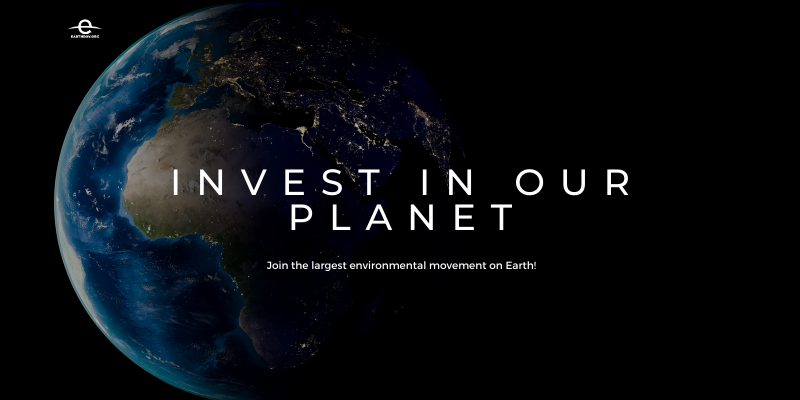World Earth Day
World Earth Day is celebrated annually on April 22nd in order to raise awareness and encourage action for the protection of the planet and its natural resources. The day is observed globally, with the aim of inspiring individuals, organisations, and governments to take tangible steps towards a sustainable and healthier environment.
The Origins of World Earth Day
The origins of World Earth Day can be traced back to 1970, when a grassroots movement in the United States organised the first Earth Day on April 22nd. The event was initiated by U.S. Senator Gaylord Nelson to draw attention to environmental issues such as air and water pollution, wildlife extinction, and the destruction of natural habitats. Over 20 million Americans participated in the event, making it one of the largest civic gatherings in U.S. history.
Since then, Earth Day has become a global phenomenon, and today it is celebrated in more than 190 countries around the world. The day is marked by a range of activities and events, including tree planting, community clean-ups, environmental education campaigns, and policy advocacy.
Themes
The theme for World Earth Day changes every year, reflecting the evolving environmental challenges facing the planet. Some of the themes from previous years include:
Protect Our Species (2019): This theme aimed to raise awareness about the rapid extinction of species and the need to protect biodiversity.
Restore Our Earth (2021): The theme for 2021 was focused on promoting the restoration of ecosystems and highlighting the role of individuals and communities in achieving this goal.
Goals
One of the key goals of World Earth Day is to promote sustainability and reduce environmental impact. This can be achieved through a range of actions, including reducing energy consumption, conserving water, recycling, and reducing the use of single-use plastics.
Reducing carbon emissions is also a critical part of the sustainability agenda, given the threat of climate change. Many organisations and governments have set targets for reducing their carbon emissions, with the aim of achieving net-zero emissions by 2050. Achieving this goal will require significant investment in renewable energy, energy efficiency, and other low-carbon technologies.
Education and Awareness
Another important aspect of World Earth Day is the promotion of environmental education and awareness. Education can play a crucial role in fostering a sense of responsibility and promoting environmentally sustainable behaviour. This can include education campaigns in schools, community outreach programmes, and public awareness campaigns.
World Earth Day also provides an opportunity for individuals and organisations to engage in advocacy and lobbying for stronger environmental policies. This can include campaigns for tighter regulations on pollution, greater investment in renewable energy, and measures to protect biodiversity.
In recent years, World Earth Day has become increasingly digital, with many events and activities taking place online. This has enabled people from all over the world to participate in the celebrations, regardless of their location. Online events can include webinars, virtual clean-ups, and social media campaigns.
Our Sustainable Future
World Earth Day is an important global event that aims to raise awareness and inspire action for the protection of the planet and its natural resources. The day provides an opportunity for individuals, organisations, and governments to take tangible steps towards a sustainable and healthier environment. By promoting sustainability, reducing carbon emissions, and fostering environmental education and awareness, we can all play a part in protecting the planet for future generations.


